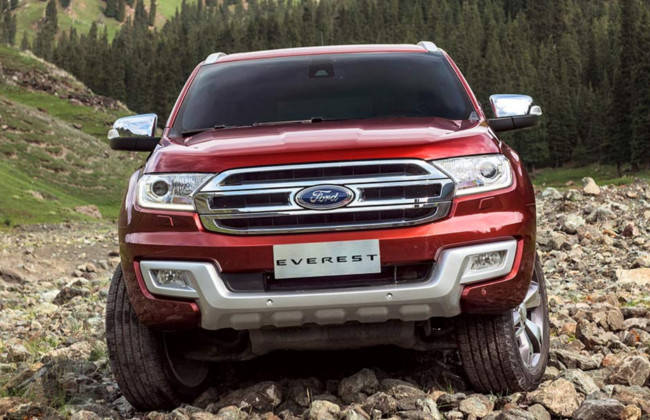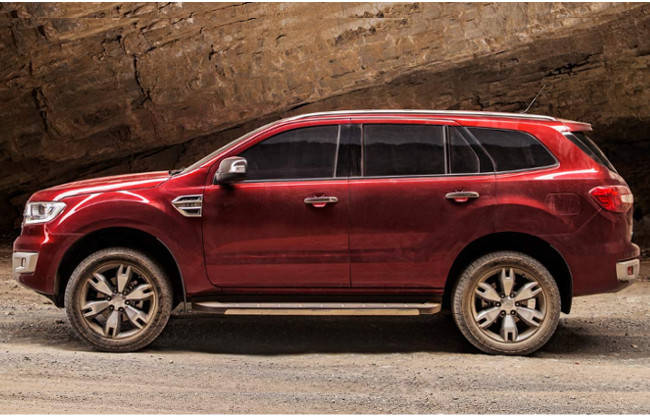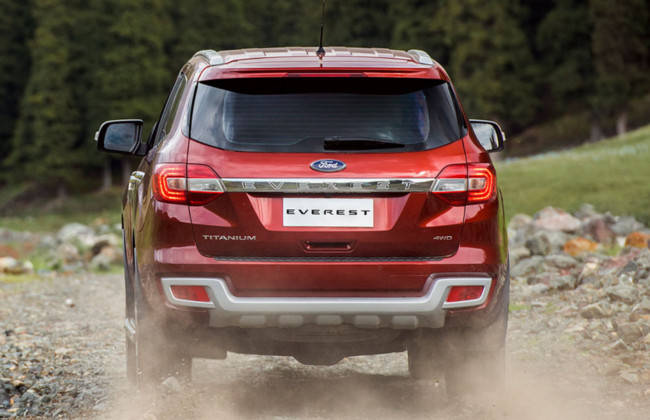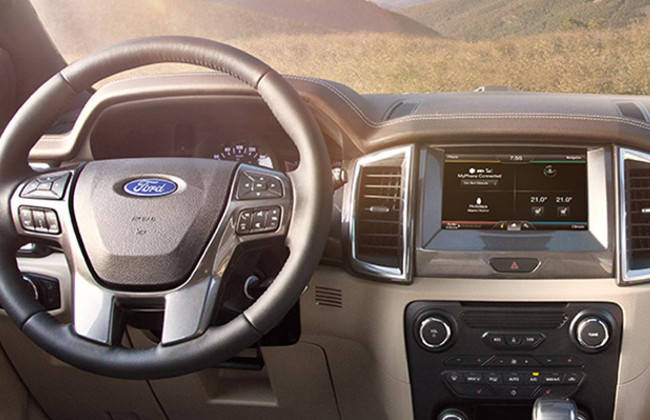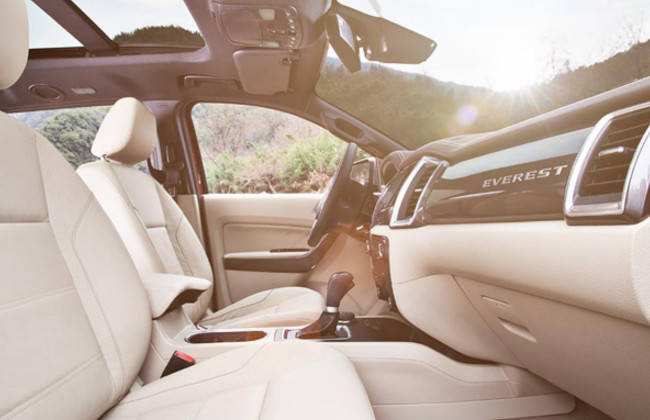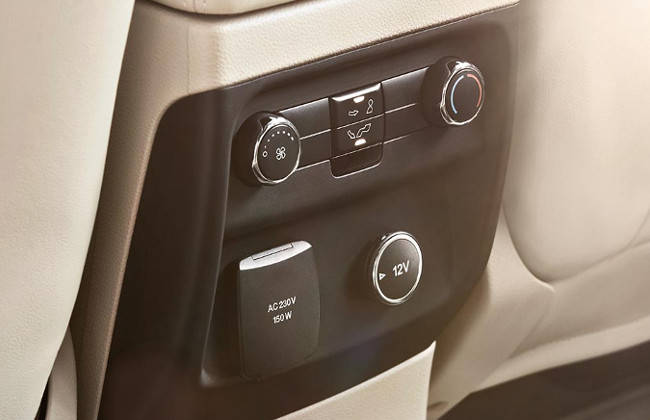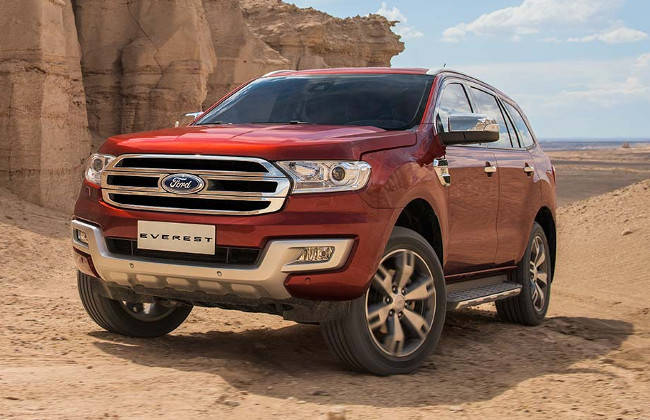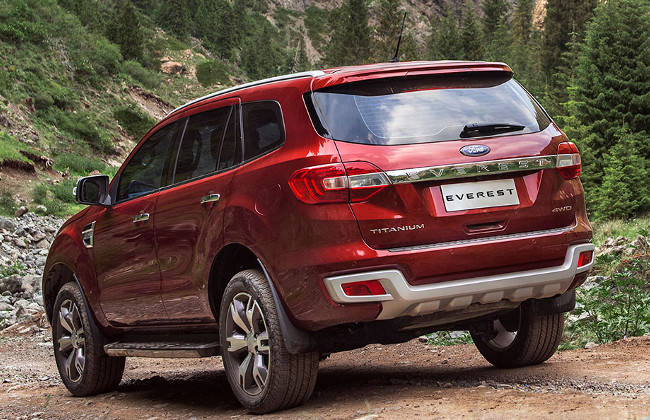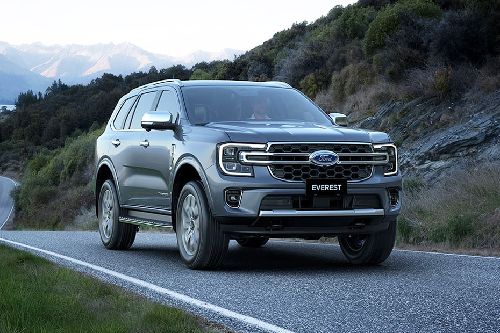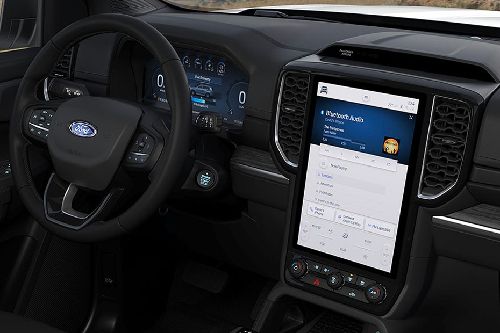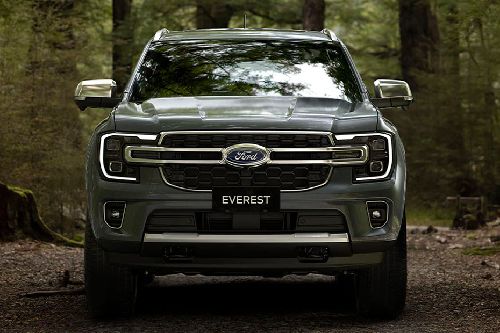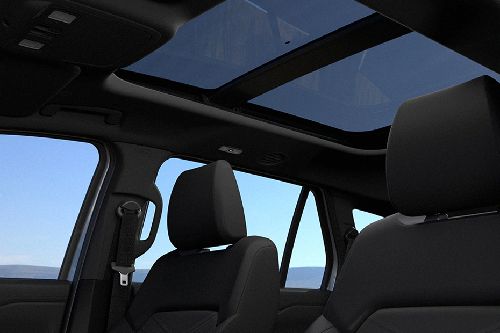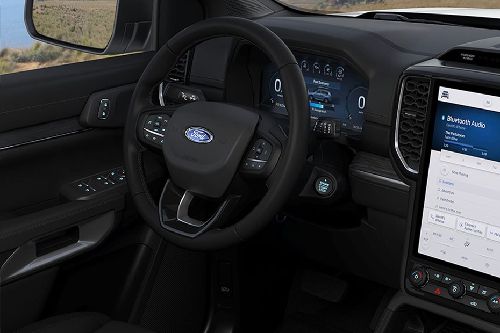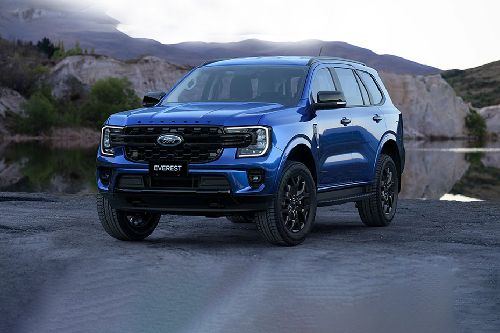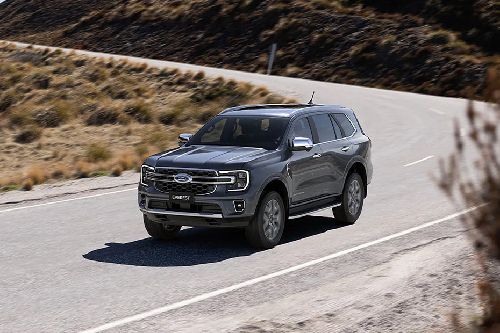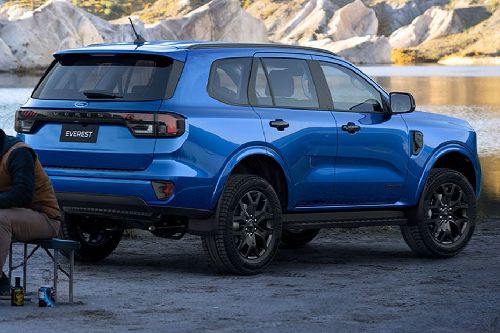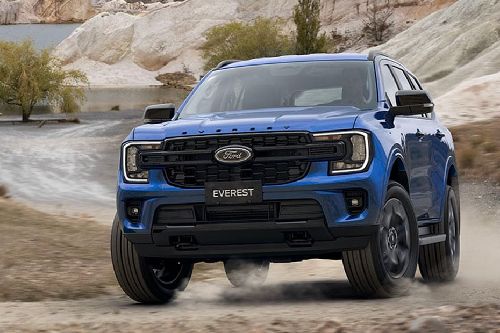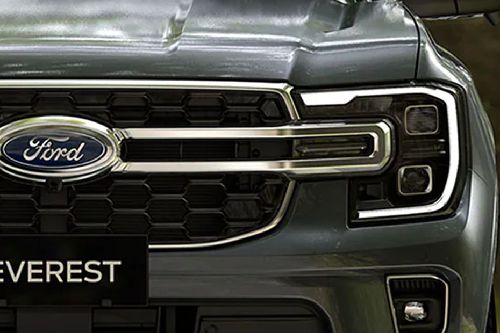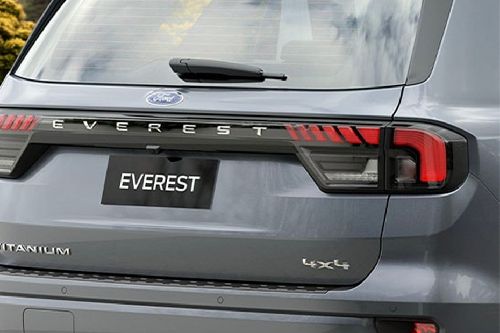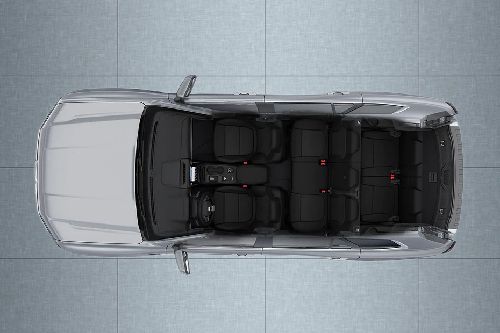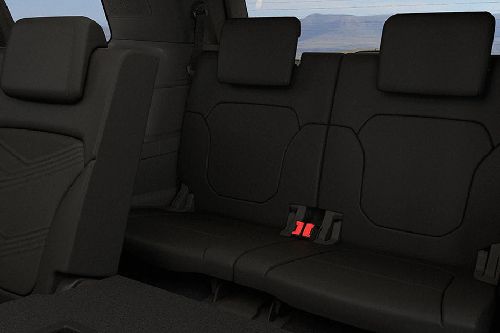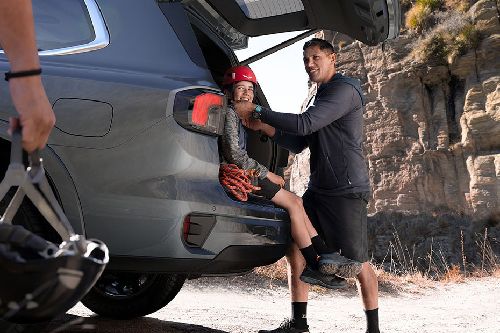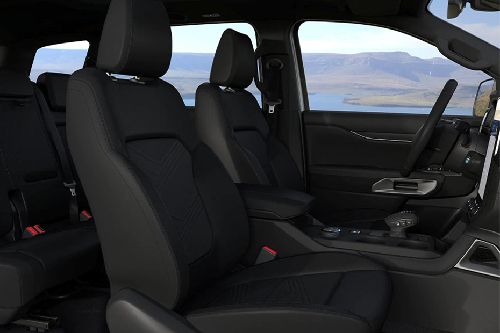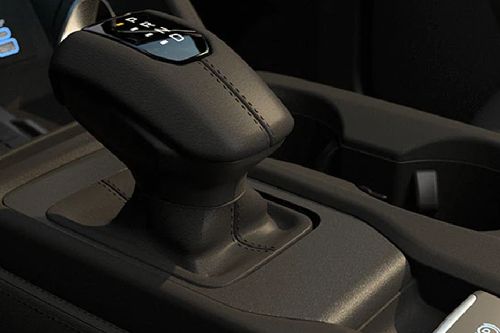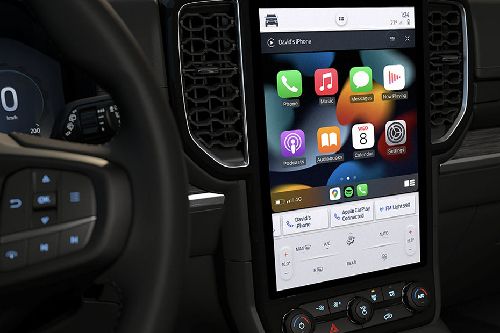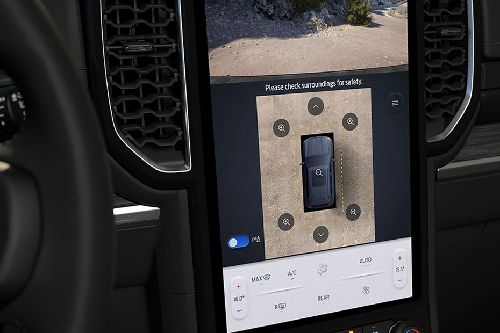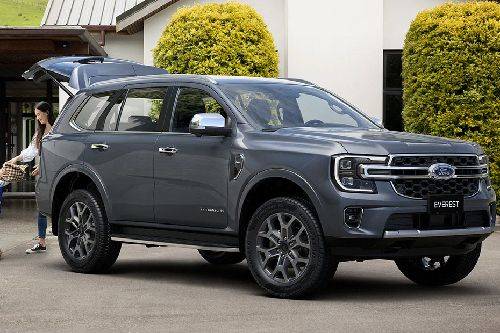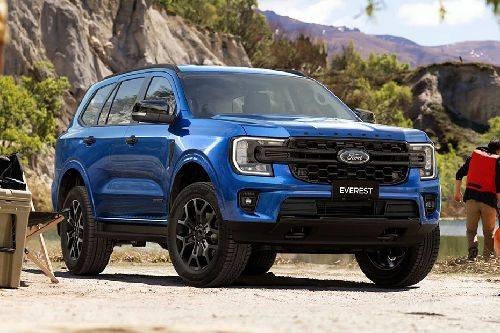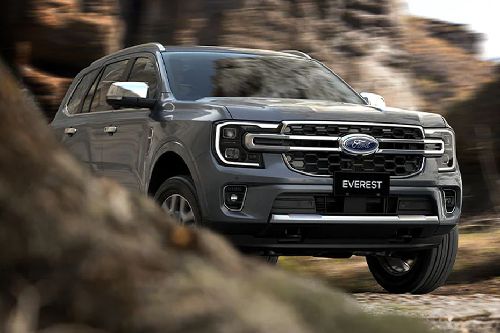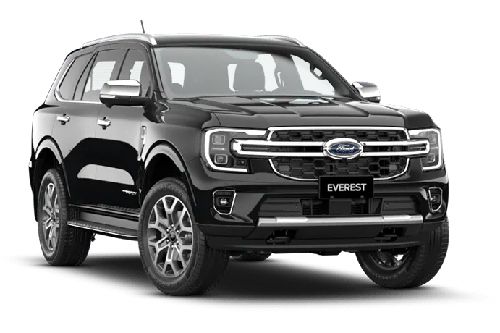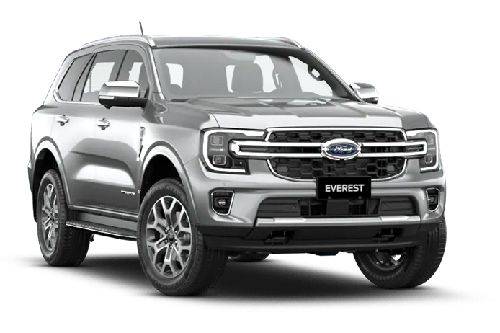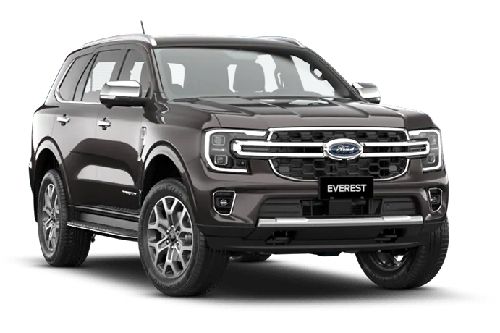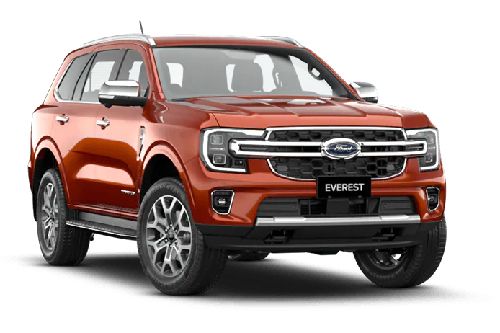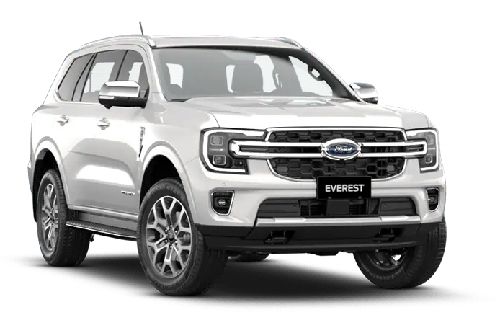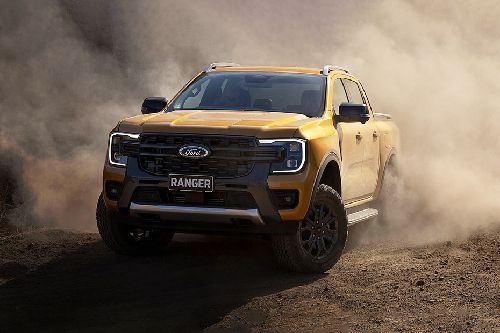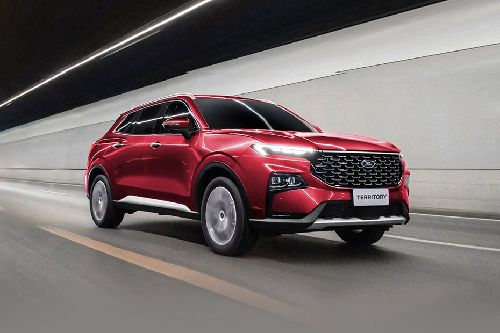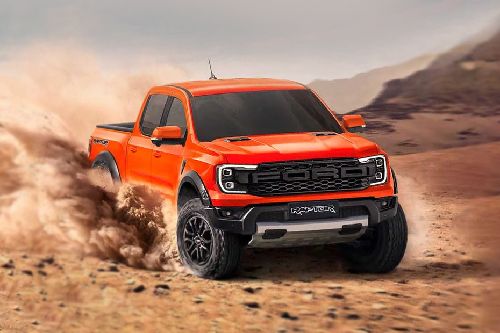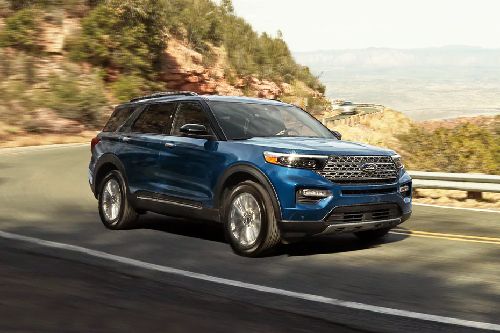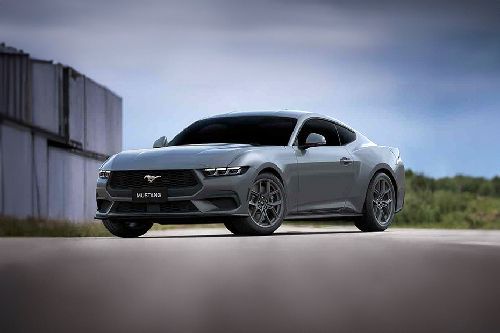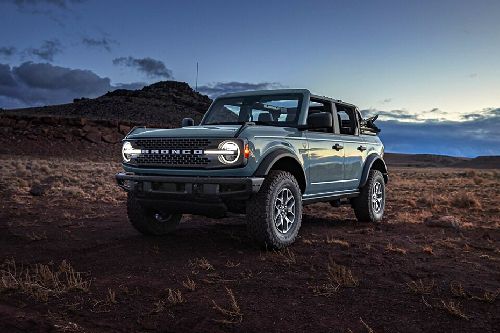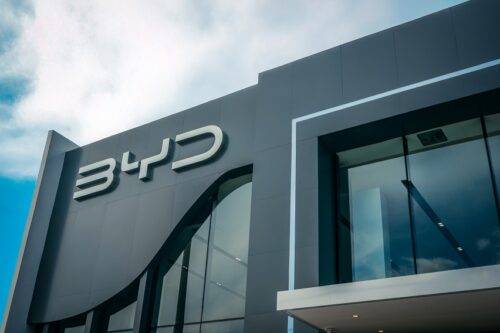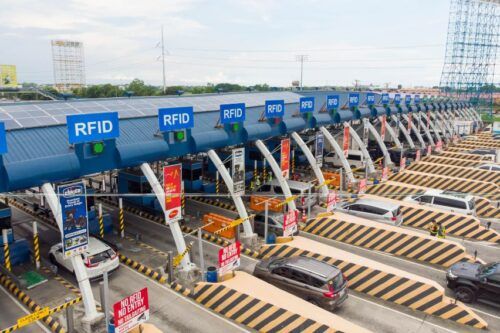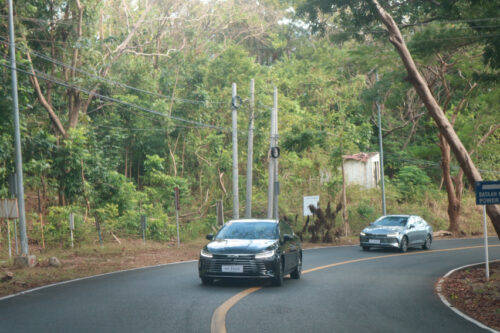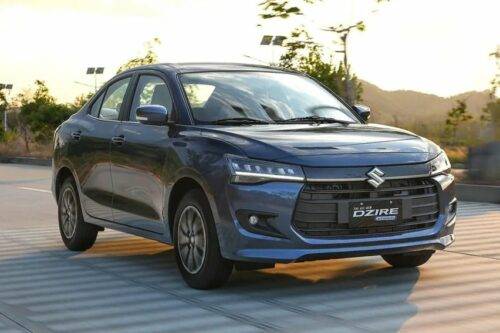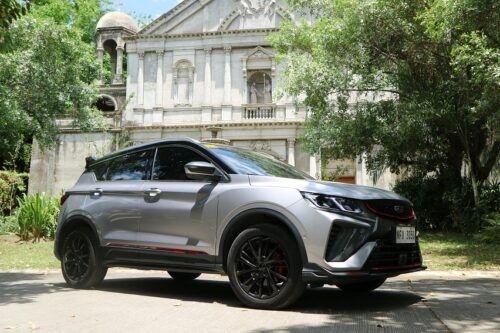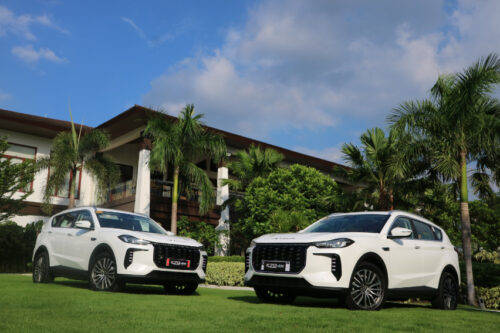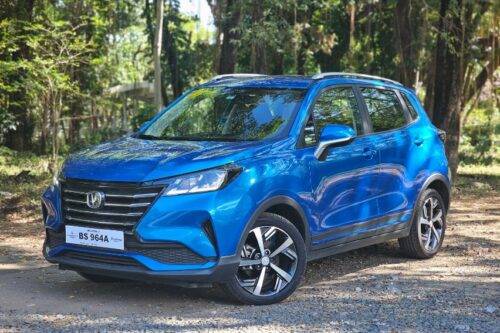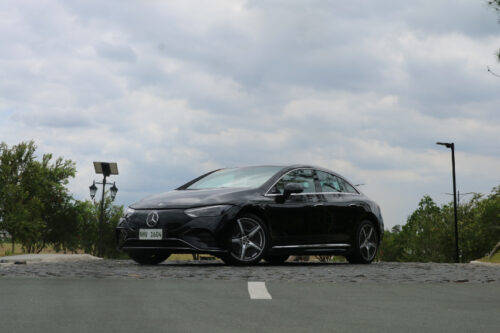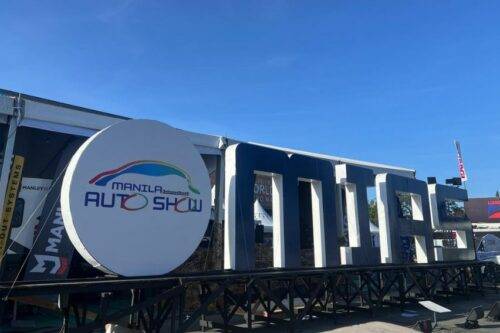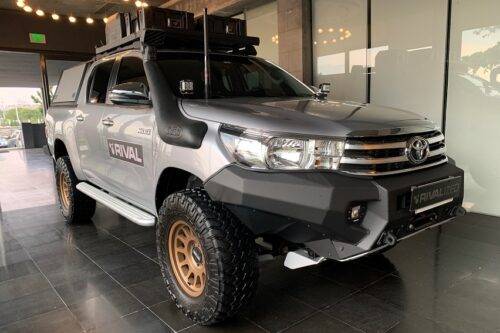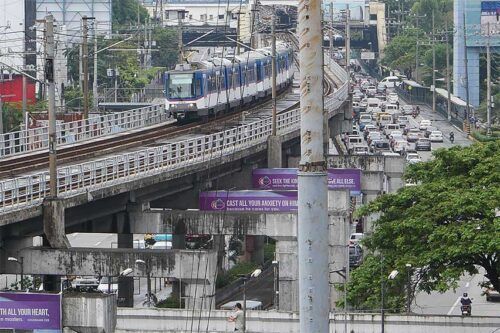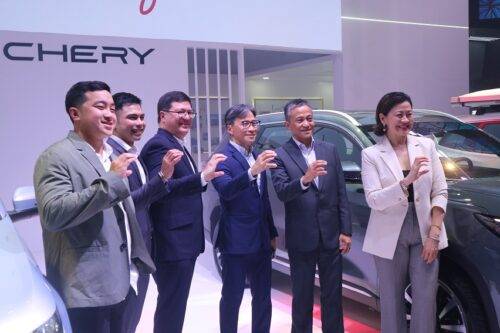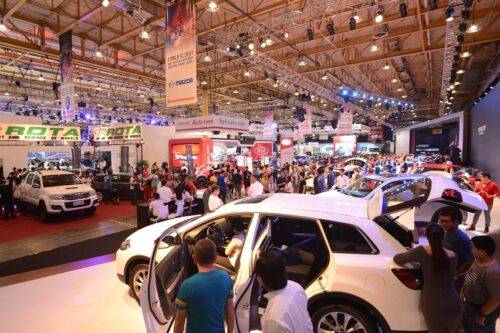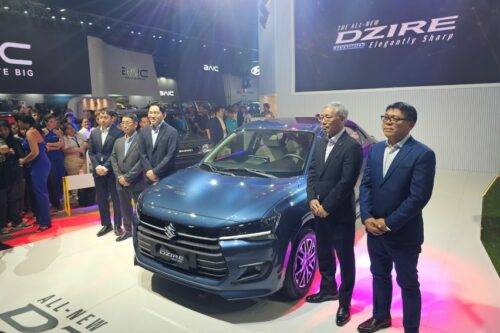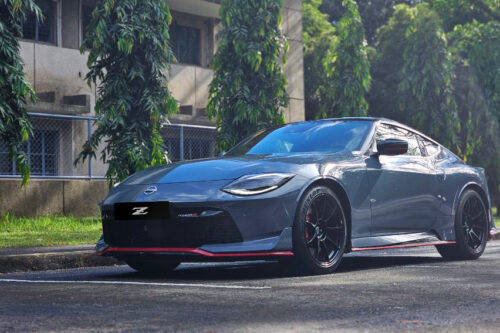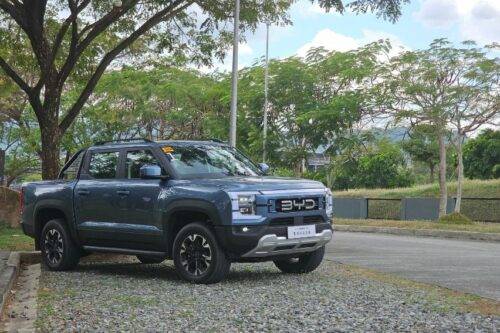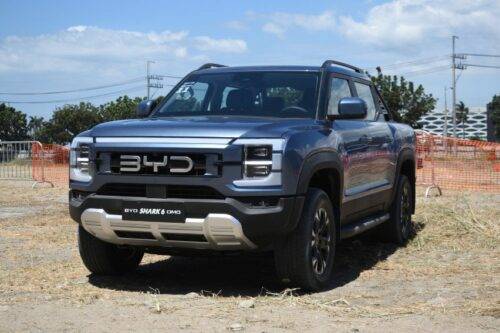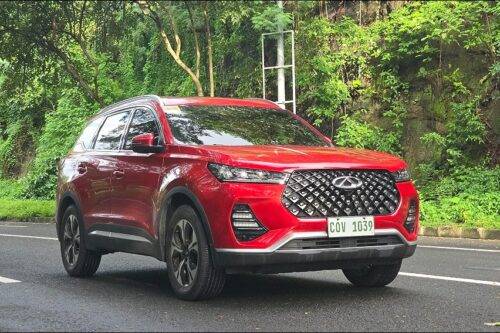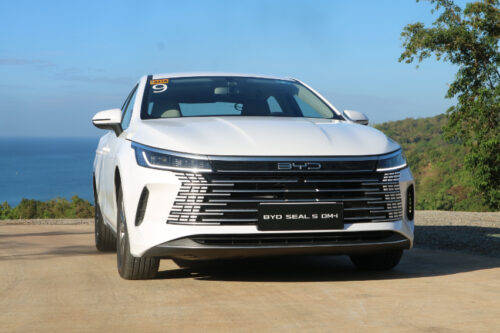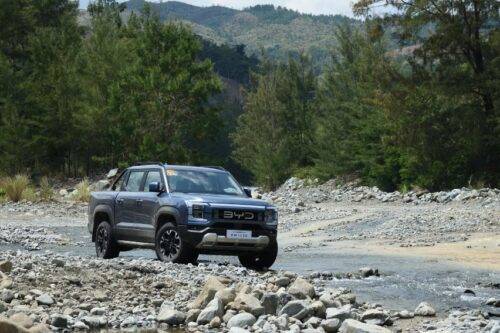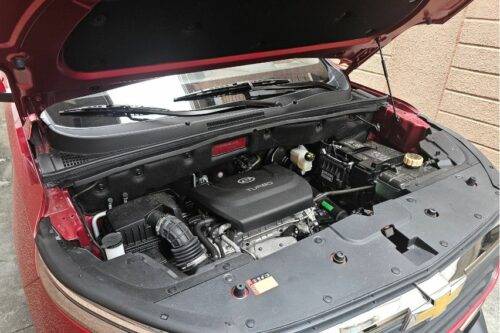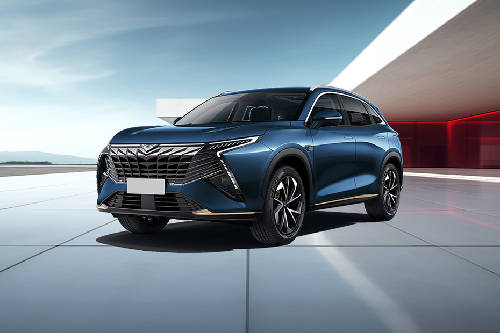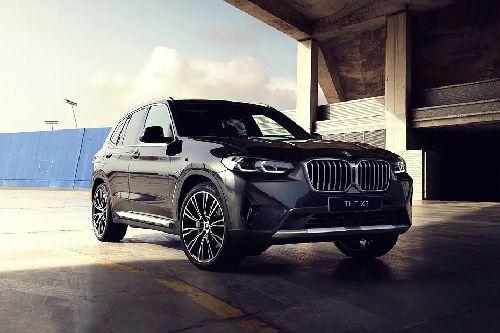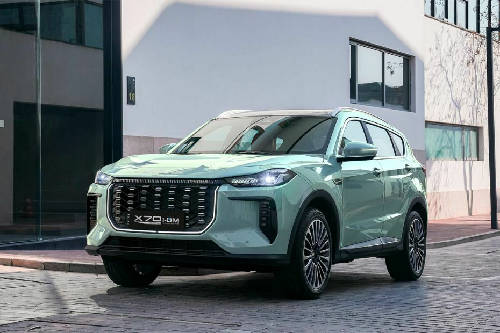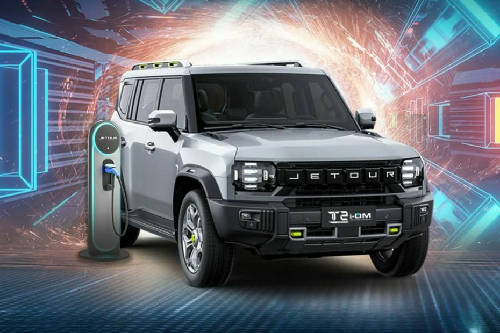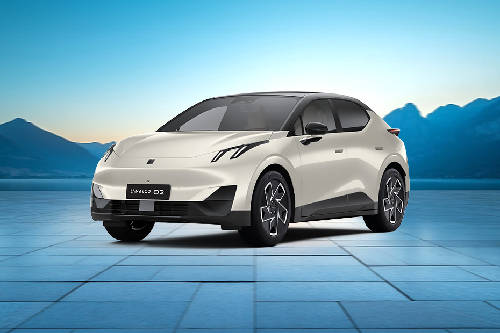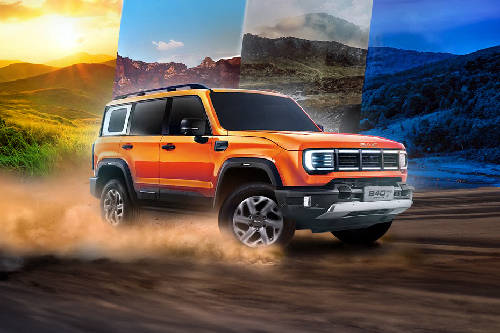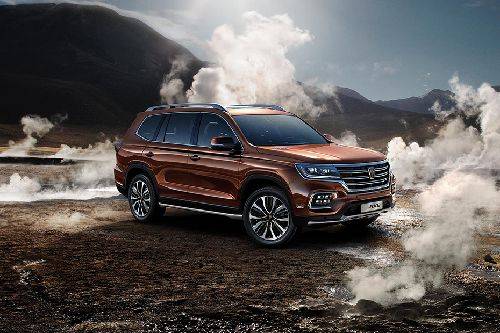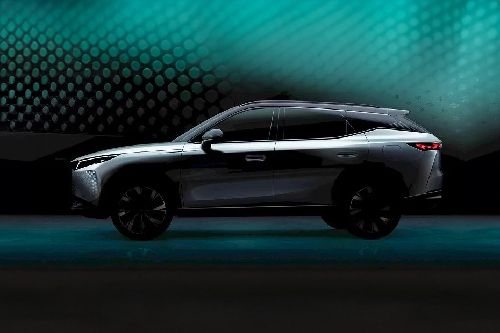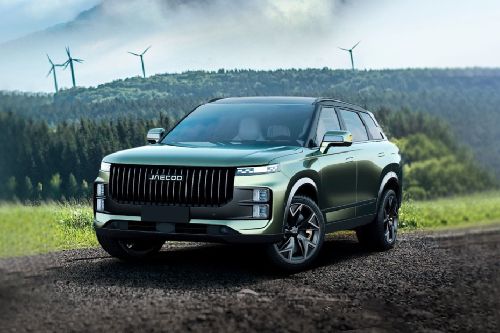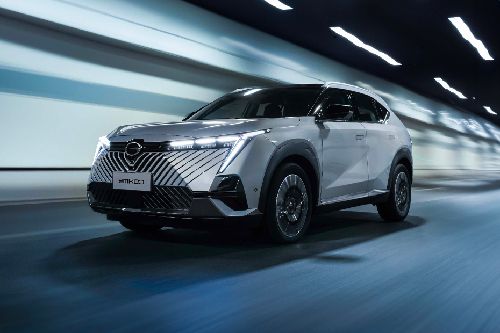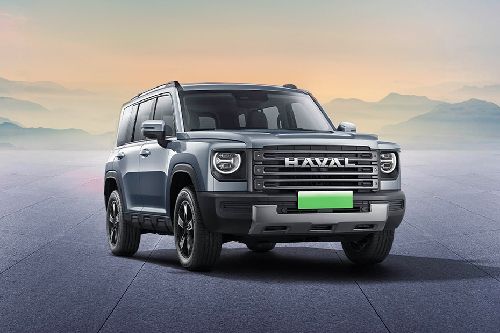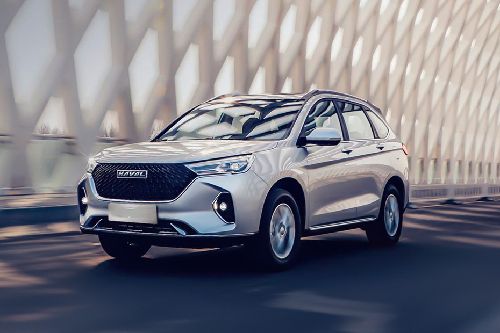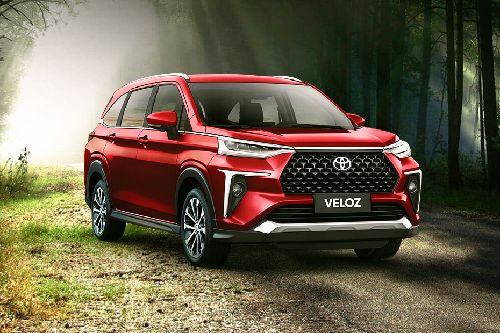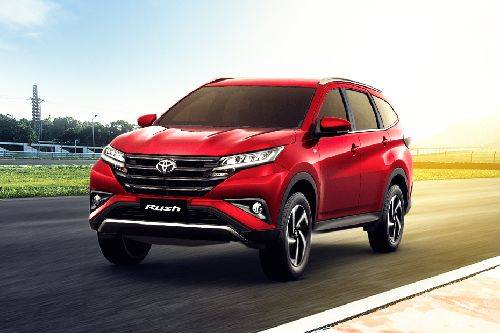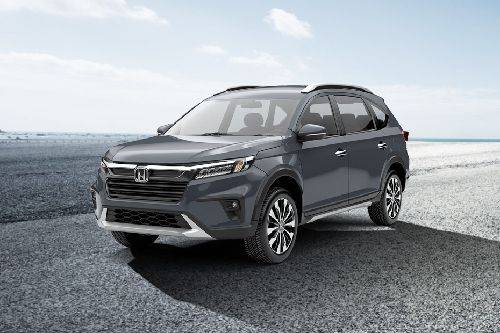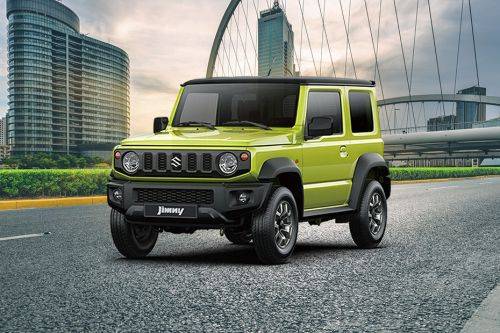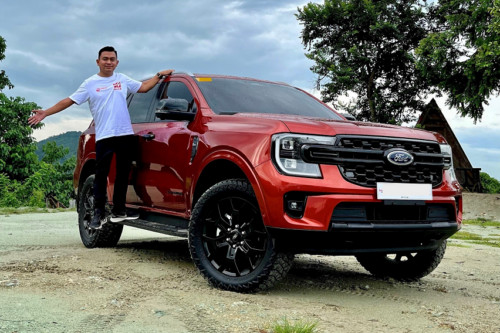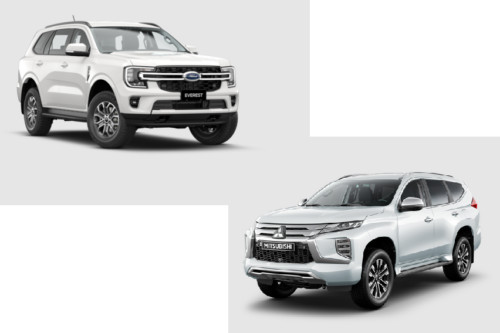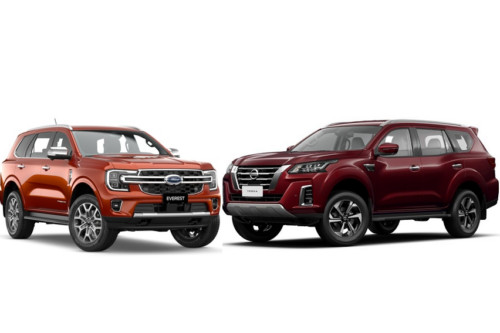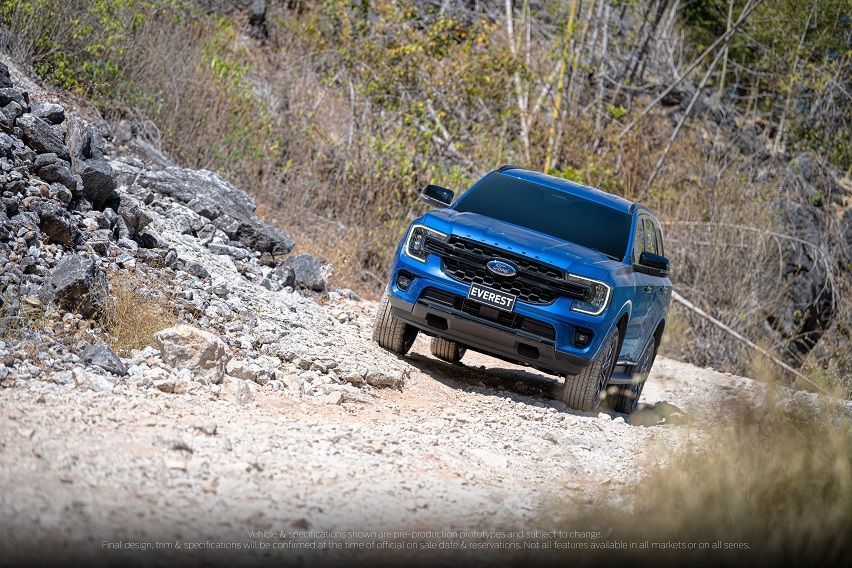Ford Everest- Driving the Western Beast
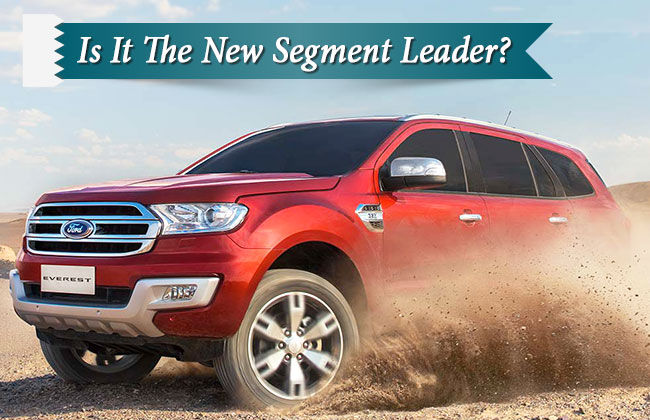
Full-Size SUVs are a growing trend in the present day and age, and every prominent automaker is trying to have a pie of the growing market. Toyota has its presence with the highly acclaimed Fortuner, while Mitsubishi too is trying to make a mark with the new Pajero Sport. The American side meanwhile is represented by Ford's take on this segment, that comes in the name of the new Ford Everest. But competing in a highly congested market segment which is ruled by a player christened Fortuner that has more than 50% market to its name is no small thing. Ford says that the Everest is capable of taking this challenge. We at CarBay drove the new Ford SUV to see whether the company's claims do have a potential or not.
The new Everest is a huge leap forward for the Ford Motor Company, as compared to the previous two generations of the SUV. Launched last year, the third-gen Everest has been given an urban feel to it, and feels a lot more modern and mature as compared to both of its predecessors. We drove the Premium 2.2-litre variant, and here's our in-depth impression after a detailed road test.
Exterior Design and Looks
While talking about the looks, let us get the first thing out. Yes, the Ford Everest is a H-U-G-E car and when we say huge, we mean every letter of it. With dimensions scaled at 4893 mm X 1862 mm X 1836 mm (L x W x H), the Everest is a fairly large vehicle on paper. But in the real world, this feeling of largeness is accentuated by how everything has been put together.
Look at the Everest from the front, and it stares you in the face through that large chrome-plated grille, which has been given a hexagonal shape and houses the prominent Blue-Oval insignia of Ford Motor Company. Both sides of this grille are occupied by tastefully designed headlight assemblies, which include a projector setup that light the low beam and a conventional halogen bulb to take care of the high beam. A subtle LED DRL placed on the lower edge of the headlamps manages to impart a unique identity to the Everest's face. What I particularly liked about the Everest's face is the hood, which has been given just the right amount of bulges and contours to enhance the SUV's stance and bulky character. The lower bumper area houses a silver plastic skid plate that integrates seamlessly as fog lamp housing.
As we move to the side, the sheer size of the Ford Everest becomes a lot more apparent. Large door panels, bulbous front and rear fenders, and a relatively smaller window area result in a vast sheet metal area, that makes the Everest look bulky. What I found interesting is the fact that this SUV is one of those rare examples in today's world which does not get black plastic cladding running on the lower side of the body panels. And frankly, I did not find the Everest to be screaming for ruggedness due to the absence of the aforementioned cladding, since the entire sheet metal area itself has been given a very in-your-face look. The presence of 18-inch alloys do manage to impart dynamism to the Everest's charisma.
Enticed by the front and side profile, I felt a bit disappointed as we moved to the rear end of the massive Ford Everest. While all the other angles look very SUV-ish, the rear just didn't appeal that much, and is certainly a downer when compared to the bold face. Don't misunderstand the Everest to have a boring rear end, as the wide chrome strip with EVEREST embossed on it, and the LED taillights manage to give it an upmarket derrière, but something somewhere just doesn't feel complete. In my opinion, a tailgate mounted spare wheel, similar to what was offered with the earlier second-gen Everest would have given it a much more rugged look. Other design elements on the rear include a neatly integrated roof mounted spoiler that houses the high-mounted stop lamp, and a silver plastic skid plate which is similar to the one at the front.
Interior Design, Space and Comfort
Before commenting on the interior design, let me walk you through the rather complicated process of entering inside the Everest. If you think you can simply walk into the cabin of the new Ford Everest owing to its high roof and ground clearance, you are in for a surprise, and a bad one at that! The entire ingress process is a multi-step procedure: open the door, climb the foot board outside the car, grab the handle placed on the interiors of the A-Pillar, and pull yourself up. This painful ingress and egress are a result of the high seating position of the Everest, and the oddly large front seat area. If you are someone who would use the Everest to ferry around elderly from your family, they are going to have a hard time to just enter inside and have a seat.
But once seated inside, you just can't fail to appreciate the way everything in the cabin has been laid out. The Ford Everest gets a dual-tone dashboard, which has been fabricated using high-quality materials. The lower part of the dash gets a beige detailing, while the upper part is finished in dark black. On the higher variants, like the one I was driving, this upper dashboard area gets a dark brown leather cover, that screams about the premium feel on offer. Both these dual colored areas, the top and bottom dashboard, are separated by a wide metal grey insert, that runs along the width of the cabin, and joins the right side AC vent to the left side AC vent.
The Centre Console gets a large display that is responsible for all infotainment needs of the Everest occupants. In the premium trim, the Everest gets a large 8-inch touchscreen unit, that comes mated with 10-speakers. We found this display to be extremely crisp and easy to read, even when the car was parked under broad daylight. Moreover, the touch sensitivity too is accurate as well as precise, and over the time, you will get a fair idea of which function is placed where on the screen. Moreover, this infotainment system lets you connect your smartphone through Ford’s advanced SYNC2 platform, through which the occupants can access call records, make and disconnect calls, access messages, and even stream music from the Phone’s playlist. Other features of the Everest’s infotainment system include rear parking camera, which is compatible with many media inputs like AUX, USB, FM and Bluetooth.
With the dashboard sorted, lets now talk about the seats. The Everest gets three row seating, and can thus be termed as a 7-seater. The front seats are one of the best offered in the segment, as they are sufficiently wide and get good lateral and underthigh support, though the back could have been a bit more supportive, especially for those occupants who have a lighter body. But this absence of adequate back support is dealt with, as both front seats get manual adjustment for the lumbar support, which gives the Everest an immensely comfortable front seats. The armrest is sufficiently wide, and is well padded, but I personally would have liked it to be adjustable. Many drivers, especially those who have shorter arms, will find the armrest to be placed further back than required, deeming it useless. But what comes as a surprise is the fact that despite the Everest’s huge dimensions, the roof line is quite low, especially in comparison to the higher ground clearance, and a high seating position. As a result, taller drivers (more than 6 feet tall) would surely find the Everest to be low on headroom, though knee room is something that has been supplied in aplenty.
Moving to the rear seats, the first thing we noticed is the immense amount of legroom available, even when the front seats have been placed at their rear-most position. Moreover, the front seats have scooped up backs, that liberate a bit more knee room for the rear occupants. The seat bench has been given a contoured feel, while it gets three neck restraints for all three occupants. This, along with the fact that the transmission tunnel floor hump is minimally high, ensures that a third occupant on the rear seat won’t feel unwelcomed. The rear bench also gets a centre armrest, that is sufficiently wide for two arms, and also houses a pop-out type cupholder. The rear seat occupants get their dedicated AC vents, that are mounted on the roof, while independent Air Con controls too have been provided, which lets the user determine the airflow volume and temperature.
The Everest suffers from ingress and egress issues, as we have comprehensively detailed above, but when it comes to getting into the third row of seats, things take a u-turn. The second row seats can be moved forward in a 60:40 ratio, which gives just enough room for you to board the third row seats. Once in, you are bound to miss the ample legroom and seat support that the front two row of seats offer. The third row is placed lower on the floor, which meant that my knees were pointing up in the air when I boarded these seats. And mind you, I am just 5’8” in height! As a result, let kids occupy the third row seats, as they will be the ones most comfortable there. Meanwhile, Ford has added some nice touches here as well, as both occupants of the third seats get a dedicated non-padded armrest on each side of the seats, which also houses a cup holder. The third window area too is sufficiently wide, to let light come in and avoid claustrophobia at the back. The rear-most occupants too get dedicated Air Con vents, that would further go a long way in enhancing their experience while being seated in a rather cramped area.
Engine, Ride and Handling
The Ford Everest is powered by two engine options, a 2.2-litre that develops 158 hp and 385 Nm, and a 3.2-litre that churns out 197 hp and 470 Nm. We drove the 2.2-litre powered Everest, that comes mated to a 6-Speed automatic transmission, which supplies power to the front wheels. Yes, it is the shorter one as compared to the 3.2-litre mill, but will surely be more practical in the long run. This is the one that people would mainly consider buying the Everest with, while the larger engine might be popular amongst hard-core enthusiasts.
To avoid any misconceptions, let us give a blunt verdict on this one. The smaller 2.2-litre engine can in no terms be claimed as a sluggish powertrain, despite the huge Everest bulk that it needs to propel. With power and torque figures higher than that of its predecessor, the Everest 2.2-litre is capable enough to perform every task thrown at it.
Start the vehicle, and a little dab on the accelerator pedal is enough to get a move on. This is something that no one expects from a large sized SUV. But the ample torque output, that is tuned to be present lower down the rev range, plays its trick brilliantly, thus aiding the Everest’s drivability in stop-go City traffic. The Gearbox too has been tuned spectacularly, and aptly masks out any turbo lag present with the mill. Gearshifts are precise and immediate, and thus you would not be left behind after the signal turns green on a road junction.
But once you take the Everest to a highway, the lack of grunt higher up in the rev range becomes obvious, and this is where you miss the larger 3.2-litre powerhorse. Don’t mistake us, the Everest feels at home till the 120 km/h speed limit, but once you go past this, the Everest starts to feel a bit stressed. And once the engine crosses 2,500 rpm, harshness becomes apparent inside the cabin. As a result, for highway cruising, it is best to keep the Everest around the 100-120 km/h speed bracket, where the engine spins at around 2,000 rpm in the sixth gear. In these conditions, the Everest is potent enough to cruise all day long, without skipping a breath.
Despite being more than 1.8 metre tall, the Everest doesn’t really feel top-heavy, a fact that hugely enhances the SUV’s handling characteristics. Put the massive Ford SUV round a corner at speeds north of 80 km/h, and it remains calm, composed and compliant. There is minimal body roll, though the third row occupants will be tossed around a bit every time you make a turn. Being a ladder-on-frame SUV, the Everest isn’t as planted as the monocoque crossovers, but there isn’t any unnerving vertical movements either. I would personally rate this Ford much higher than the Toyota Fortuner in this department.
CarBay Verdict
The new Ford Everest is everything that its predecessor was; it is rugged to look at, spacious on the inside, easy to maneuver around, and comes with potent engines on offer. But added creature comforts like the advanced SYNC2 system, dedicated AC vents in all three rows, and the powered seats convert the Everest from a car you like….to a car you want!
Sell your car at the best price
 Verified and genuine buyers
Verified and genuine buyers
-
Explore Ford Everest
Ford Car Models
Trending & Fresh Updates
- Latest
- Popular
Ford Featured Cars
- Latest
- Upcoming
- Popular
Compare & Recommended
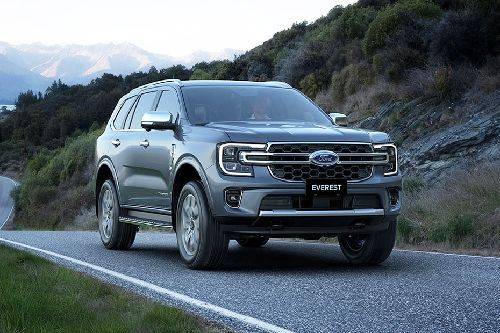
|
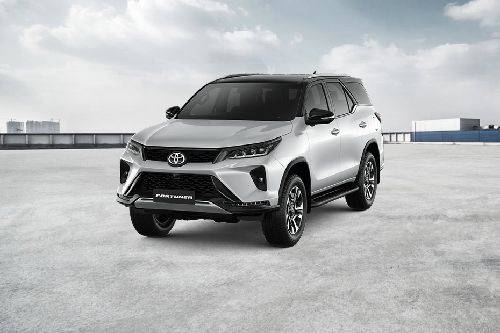
|
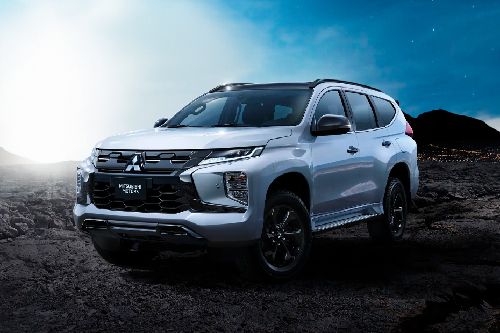
|
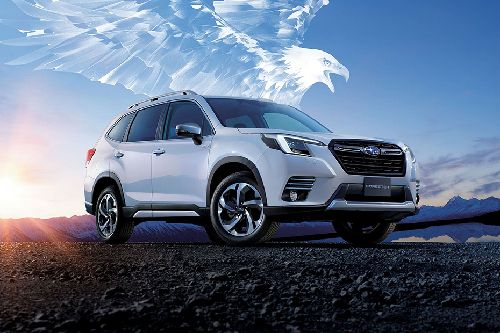
|
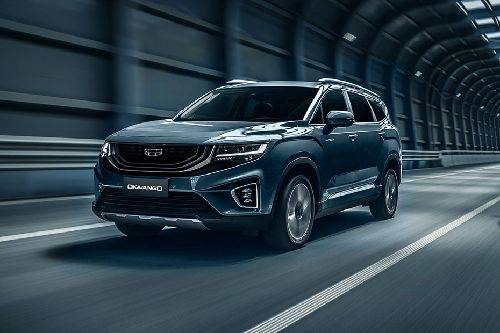
|
|
Seating
7
|
7
|
7
|
5
|
7
|
|
Fuel Type
Diesel
|
Diesel
|
Diesel
|
Gasoline
|
Gasoline
|
|
Engine
1996
|
2393
|
2398
|
1995
|
1477
|
|
Power
168
|
148
|
179
|
154
|
190
|
|
Torque
405 Nm
|
400 Nm
|
450 Nm
|
196 Nm
|
300 Nm
|
|
Transmission Type
Automatic
|
Manual
|
Manual
|
CVT
|
Dual Clutch
|
|
|
Trending SUV
- Latest
- Upcoming
- Popular
Ford Everest Car Articles From Carmudi
- journal
